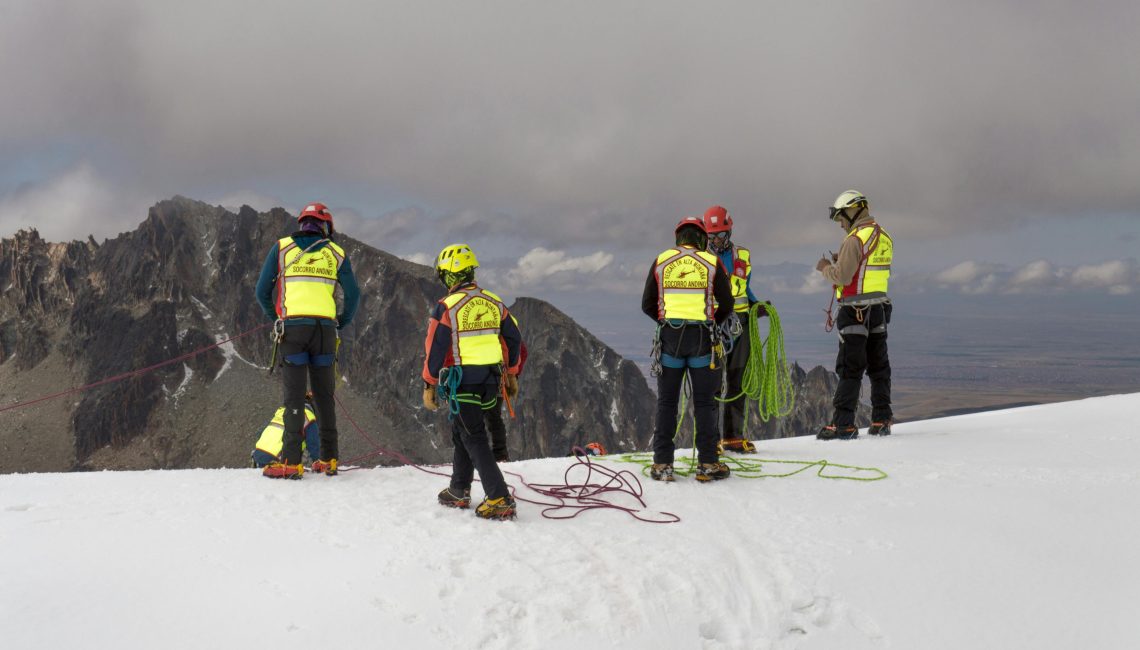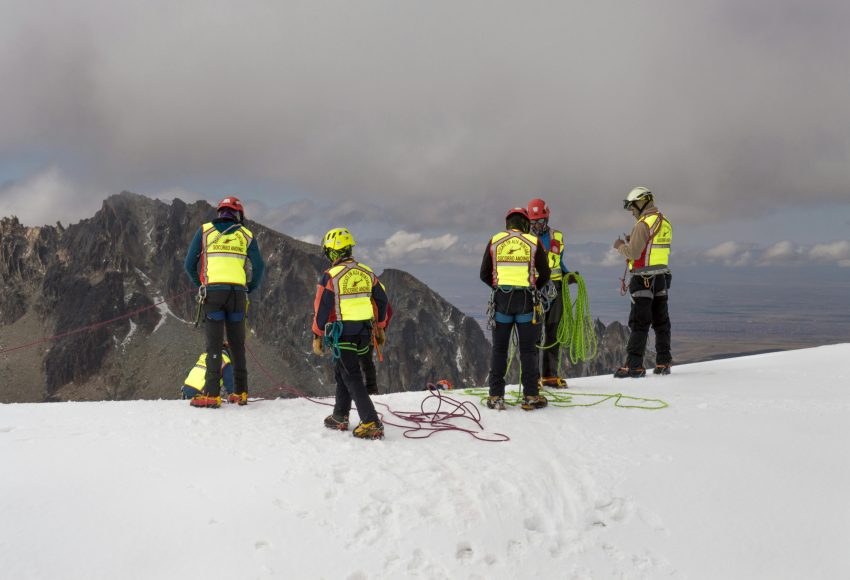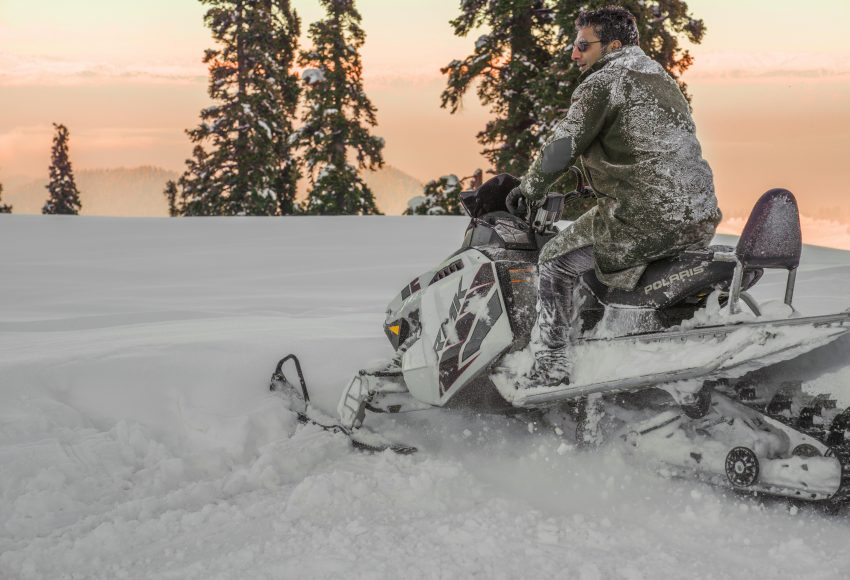Dealing with Winter Hazards Effectively
The winter season comes with its own set of challenges that can affect your home, car, and safety. Icy driveways, frozen pipes, and other cold-weather surprises mean it’s time to stay alert and be prepared. In this blog, we’ll talk about smart ways to handle winter hazards and the insurance coverage that’s there to back you up when the unexpected happens.
Protecting Your Home from Winter Damage
Winter’s cold temperatures can throw plenty of challenges your way—roof damage, burst pipes, house fires—you name it. But with a little preparation, you can help protect your home from these cold-weather headaches. Here are some tips to keep winter hazards at bay.
Inspect Your Roof
Give your roof some attention before winter sets in. Check for loose or damaged shingles, cracks, or any signs of wear that could lead to leaks. Don’t forget to look at the flashing around chimneys and vents—it should be secure and free of gaps.
If climbing up there isn’t your thing, hire a professional to do a thorough inspection and make any necessary repairs. A little maintenance now can save you from big headaches later.
Inspect Your Heating System
Before the cold really hits, make sure your heating system is ready to keep you cozy all winter long. Check your furnace or heat pump for any signs of wear and replace the filter to keep it running efficiently. If you have a fireplace, have it cleaned and inspected to make sure it’s safe to use.
Not sure what to look for? Bring in a professional to give your system a thorough inspection and tune-up. A little prep now can help you avoid a breakdown or even a house fire.
Protect Your Pipes
Want to avoid frozen or cracked pipes this winter? Start by disconnecting your garden hoses before the temperatures drop and make sure your home and irrigation systems are winterized.
For interior pipes, try these simple tricks: let your faucets drip slightly to keep water moving and open the cabinet doors under your sinks to let warm air circulate around the plumbing. These small steps can make a big difference in preventing freezing pipes from bursting.
Salt and Ice Your Walkways
Throughout the winter, take steps to keep your walkways safe and ice-free. Spread salt or ice melt on your driveway and sidewalks to prevent slippery spots that could lead to costly slips and falls. Keep a shovel handy to clear snow regularly—it’s easier (and safer) to tackle snow before it gets packed down.
If you’re unsure which snow- and ice-melting product to use, look for one that’s effective in your climate and safe for pets or plants.
Review Your Home Insurance
Winter can be tough on your home, with risks like frozen pipes, roof damage, fires from heating systems, or even costly slip-and-fall accidents. You’ll want to make sure your home insurance includes dwelling coverage (for damage to the home itself), personal liability coverage (for slips and falls), and contents coverage (for damaged belongings). Home insurance typically includes coverage for fire and burst pipes, but it may not cover your roof damage if it’s due to neglect or general wear and tear.
Make sure your home insurance covers these cold-weather problems so you’re protected if something goes wrong. To learn more, request a free home insurance quote from Oracle RMS today!
Staying Safe While on the Roads
Winter roads can be full of surprises, like slick ice, reduced visibility, and snowdrifts. But with a little preparation and caution, you can navigate these cold-weather challenges safely. Here are some tips to help you stay safe while driving in winter weather conditions.
Swap to Winter Tires
All-season tires can lose their grip when temperatures drop below 7°C, so it’s a good idea to switch to winter tires. Make sure all four tires are the same type, size, speed rating, and load index for the best handling, control, and stability.
In Canada, look for the symbol of a peaked mountain with a snowflake on the tire—that means it’s designed to meet snow traction standards and handle severe winter conditions. Stay safe and ready for whatever winter throws your way.
Check the Weather and Plan Ahead
Before heading out, check the Environment Canada weather forecast for the winter weather advisory so you’re not caught off guard. Keep an eye out for winter storm watch warnings about freezing rain, blowing snow, heavy snowfall, and whiteout conditions.
Once you know what to expect, make a plan—if there’s a winter storm warning, maybe leave earlier to avoid worsening weather or even postpone that store run if it’s not urgent. If you do need to head out, knowing the conditions ahead of time can help you prepare and drive more confidently and safely.
Prepare an Emergency Kit
Winter weather can bring unexpected challenges, like vehicle breakdowns or emergencies, so it’s smart to be prepared. Being stuck in a vehicle during extremely cold temperatures can lead to cold stress/frostbite and hypothermia. Putting together an emergency kit for your car can make all the difference if you’re stuck on the road in extreme cold.
Stock it with essentials like a flashlight, jumper cables, warm blankets to maintain body heat, bottled water, snacks, a first-aid kit, and a phone charger. Also, pack an ice scraper, gloves, cat litter or sand, and a small shovel for those snowy situations.
Review Your Car Insurance
Winter driving can be a challenge—snow, ice, reduced visibility, and those sneaky patches of black ice can catch anyone off guard. That’s why it’s so important to make sure your car insurance has you covered for the unexpected.
Collision coverage helps with accidents involving another vehicle or stationary objects, while comprehensive coverage steps in for weather-related damage or even a run-in with a deer. With the right coverage, you’ll have peace of mind no matter what winter throws your way.
So, make sure your car insurance has you covered this winter for winter-specific issues like accidents on icy roads or weather-related damage. Request your free car insurance quote from Oracle RMS today!





